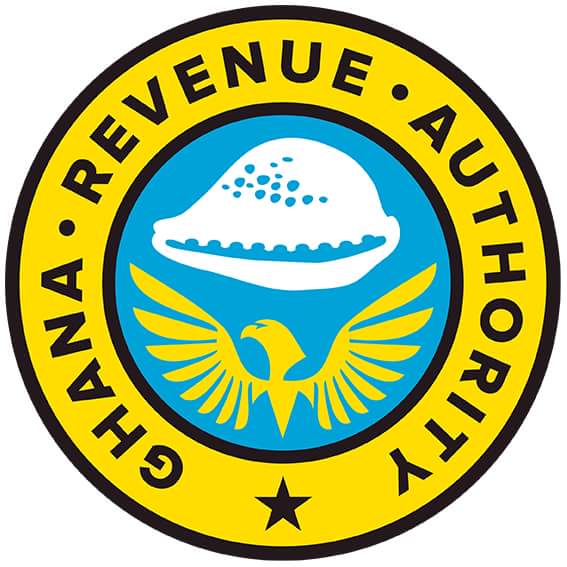Effective June 1, the Ghana Revenue Authority (GRA) will not accept payment of taxes by cheques as part of its digitization effort.
The move, according to GRA, is aimed at enhancing revenue mobilization and the drive towards ease of payment for taxpayers through a “cashless” system of operation by the end of 2021.
In lieu of cheque payments, there are digital applications in place to ensure that taxpayers file their returns and make payments without visiting any GRA office.
The “no cheque payment directive” will pave way for the re-deployment of tellers within all GRA offices, as all payments for taxes and duties will be made directly to GRA accounts with commercial banks through cash, bank drafts, bank transfers, ACH, SWIFT, cards, MoMo, and other electronic means.
The authority said the policy will be communicated widely to GRA staff and taxpayers for a smooth transition to take place.
“GRA has instituted a clear channel migration strategy to ensure that taxpayers move from paying tax in offices to doing so online, are able to pay at the banks, [and] do not pay tax by cheques in GRA offices,” it added.
GRA has a tax-to-GDP ratio target of 17.5 percent by the end of 2022 and expects to achieve a total revenue collection of GH₵60bn this year.
Last year, the GRA’s Domestic Tax Revenue Division (DTRD) commenced the nationwide restructuring of its offices. The exercise aims to create offices not based on turnover, as it was done previously, but based on jurisdiction.
DTRD Offices have been demarcated into two main wings—Area Offices, which will perform mainly administrative, centralized audit and enforcement functions; and Taxpayer Service Centres (TSCs), which will carry out all other functions of DTRD, namely, registration, receiving of returns, complaints, enquiries and payments, compliance, debt management, and tax education. This review is aimed at bringing the services of the GRA closer to taxpayers for improved compliance.







